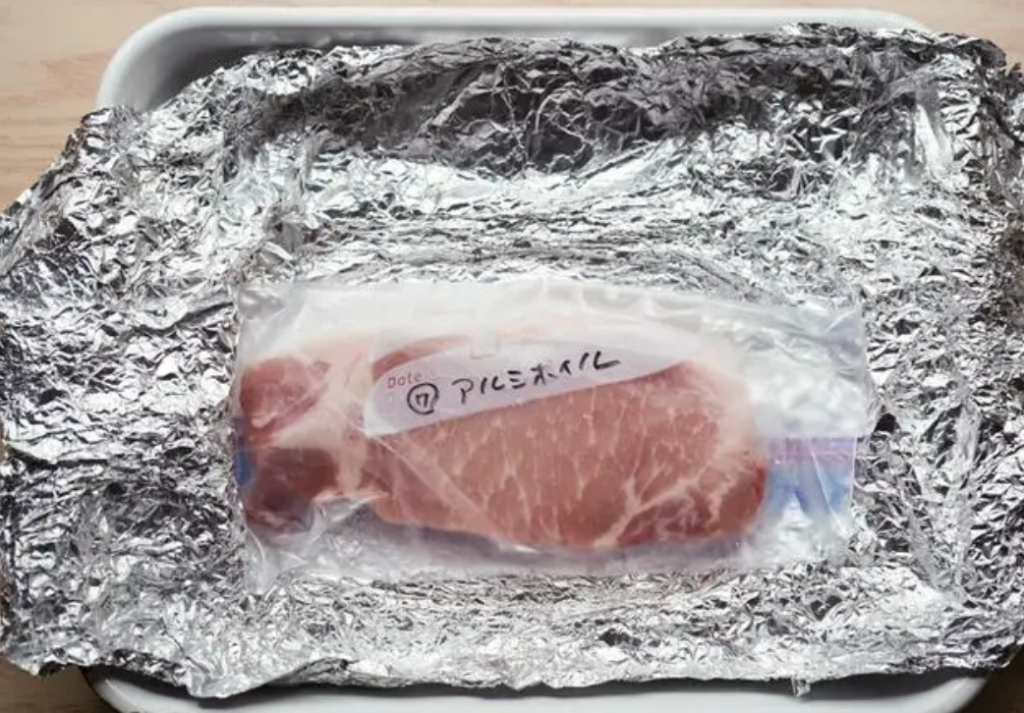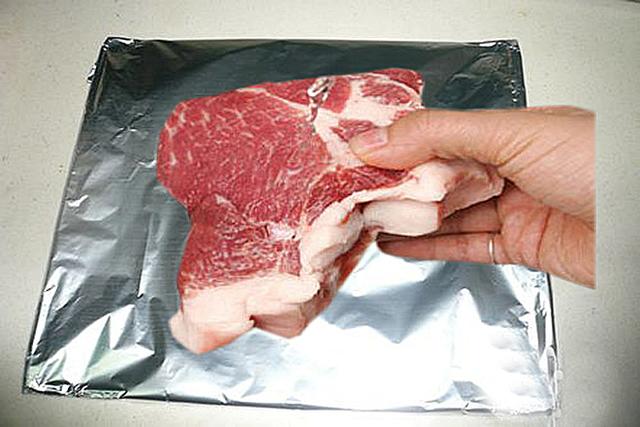Thawing food is a common challenge in cooking, and aluminum foil is often used as a magical tool to accelerate the thawing process. What exactly is the principle that makes aluminum foil so effective? Let’s scientifically explain.
Thermal Conductivity
Aluminum foil has excellent thermal conductivity, meaning it can quickly transfer heat from one place to another. When we wrap frozen food in aluminum foil, the foil rapidly absorbs heat from the surroundings and then conducts it to the surface of the food, thereby speeding up the thawing process.

Thermal Reflectivity
Aluminum foil also has outstanding thermal reflectivity, which allows it to reflect heat back and prevent heat loss. This means that during the thawing process, aluminum foil can help maintain the temperature around the food and prevent cold air from entering, thus more effectively accelerating thawing.
Heat Concentration Effect
The surface of the food wrapped in aluminum foil forms a closed environment where heat is more easily concentrated. This results in a faster increase in temperature on the surface of the food, thereby promoting the thawing process.
Rapid Moisture Absorption
In addition to thermal conductivity and thermal reflectivity, aluminum foil also has the characteristic of rapid moisture absorption. As the food thaws, aluminum foil can absorb moisture from the surface of the food, helping to speed up the thawing process and prevent the food from becoming dry due to moisture loss.

In summary, aluminum foil accelerates the food thawing process because it has excellent thermal conductivity, thermal reflectivity, heat concentration effect, and rapid moisture absorption characteristics. By leveraging these properties, aluminum foil can effectively promote food thawing, providing convenience for the cooking process. Therefore, whether you need to quickly thaw food before cooking or accelerate thawing when preparing frozen food, aluminum foil is a practical and effective tool.


